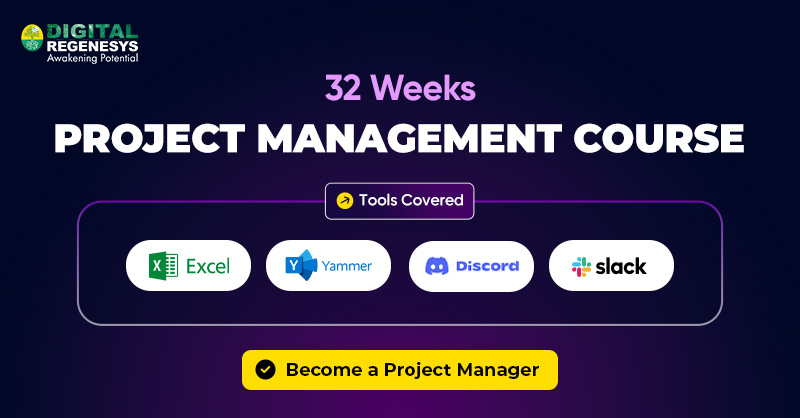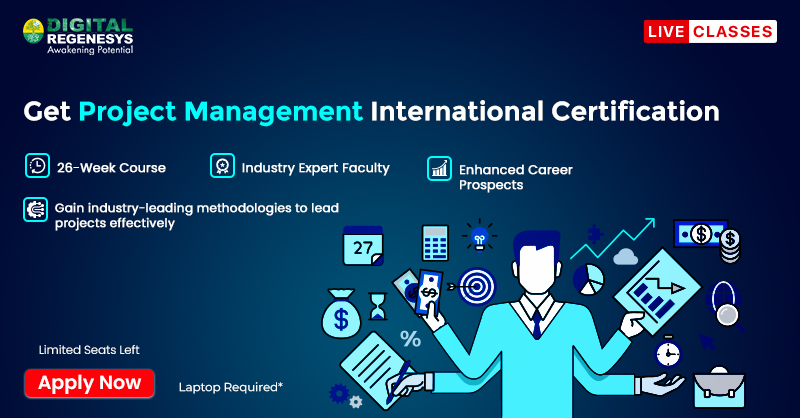How to Become a Project Manager in Zimbabwe – Guide for Professionals

Becoming a project manager is an exciting and rewarding career choice that demands leadership, strategic thinking, and excellent organisational skills. In Zimbabwe’s evolving business landscape, there’s a growing demand for skilled professionals who can manage projects efficiently across various industries, including construction, IT, finance, and manufacturing. For those curious about how to become a project manager in Zimbabwe, the path requires a mix of formal education, hands-on experience, and a dedication to continual improvement.
As global business standards increasingly influence local operations, the role of a project manager in Zimbabwe has become more multifaceted, involving not just technical expertise but also strong people management abilities. Whether you are starting from scratch or transitioning from another profession, there are clear steps to follow to build your career in this field.
In this article, we will explore the qualifications, skills, career pathways, and even tips for breaking into the profession without prior experience.
Understanding the Role of a Project Manager
When exploring how to become a project manager in Zimbabwe, the first step is to thoroughly understand the role’s responsibilities. A project manager oversees projects from initiation to completion, ensuring they meet deadlines, budget constraints, and quality standards. In Zimbabwe, the scope of the role often extends beyond traditional planning into stakeholder engagement, problem-solving, and adapting to rapidly changing market conditions.
Here are the core responsibilities of a project manager:
1. Project Planning and Scheduling
This involves defining clear project objectives, outlining specific deliverables, creating realistic timelines, and allocating resources strategically to ensure effective project management. Effective planning reduces the risk of delays and ensures that the project can adapt to unexpected developments without losing focus or direction.
2. Budget Management
Monitoring and controlling financial resources is vital to ensure the project stays within budget while delivering high-quality outcomes. This includes preparing cost estimates, tracking actual expenses, and making adjustments to maintain cost efficiency throughout the project lifecycle.
3. Risk Assessment and Mitigation
A skilled project manager identifies potential risks early and develops contingency plans. This proactive approach minimises the likelihood of disruptions and ensures smooth project execution even when unexpected challenges arise.
4. Stakeholder Communication
Maintaining open, transparent, and consistent communication with all stakeholders is key. This means engaging clients, team members, suppliers, and investors to align expectations and address issues promptly.
Also read – Why is Project Management Important?

Qualifications Needed to Become a Project Manager
A crucial aspect of how to become a project manager in Zimbabwe is understanding what qualifications do you need to be a project manager in today’s competitive job market. Employers often prefer candidates who possess a combination of formal education, relevant certifications, and practical training. Degrees in business administration, management, engineering, or IT are common starting points.
The following are key educational pathways to consider:
1. Undergraduate Degrees
Degrees in business, engineering, or IT provide a solid foundation in management principles, communication strategies, and technical knowledge. They also help you understand the industry-specific challenges you may face as a project manager.
2. Postgraduate Studies
Master’s programmes in project management or business administration can significantly enhance your leadership abilities, strategic thinking, and decision-making skills, preparing you for senior-level positions.
3. Professional Certifications
Earning credentials like PRINCE2 or PMP demonstrates your competence in globally recognised project management practices. In Zimbabwe, these certifications boost your credibility and open doors to international opportunities.
Read more about – Project Management Future Trends
Essential Skills for Project Managers
Developing the right skill set is a vital step in how to become a project manager in Zimbabwe. Beyond technical know-how, employers seek professionals who can lead teams, resolve conflicts, and adapt to evolving project needs. These capabilities allow you to manage both the human and operational aspects of a project effectively.
Key skills include:
1. Leadership
The ability to inspire, guide, and motivate team members towards shared goals is essential. Effective leaders foster collaboration, encourage innovation, and create an environment where everyone can perform at their best.
2. Communication
Strong communication skills ensure that all stakeholders are informed, aligned, and engaged. This includes writing clear reports, delivering persuasive presentations, and actively seeking and responding to feedback.
3. Problem-Solving
Project managers frequently face challenges that require quick and creative solutions. Being resourceful and analytical allows you to address issues before they escalate.
4. Time Management
Balancing multiple tasks, deadlines, and priorities is critical. Effective time management enables you to allocate resources efficiently and maintain steady progress toward project completion.
Gaining Experience Without a Project Management Background
For those wondering how to become a project manager without experience, there are practical ways to enter the field by building relevant skills and networks. In Zimbabwe, demonstrating initiative and securing small but meaningful opportunities can help you transition into project management roles.
Here are effective ways to start:
1. Volunteer for Internal Projects
Taking on additional responsibilities in your current workplace allows you to gain hands-on project management experience while proving your capability to your employer.
2. Freelance or Contract Roles
Offering project coordination services to NGOs or small businesses can help you develop your portfolio and demonstrate your ability to manage real projects.
3. Internships
Structured internships provide valuable mentorship, industry exposure, and the opportunity to apply theoretical knowledge to practical scenarios.
Read more – Portfolio Management in Project Management
Online Learning Opportunities in Zimbabwe
The rise of e-learning has made it easier than ever for aspiring professionals to explore how to become a project manager in Zimbabwe online. Online education allows you to acquire valuable knowledge and credentials while balancing work, family, and other commitments.
Key benefits of online learning include:
1. Flexibility
Access course materials and lectures at any time, allowing you to learn at your own pace and convenience without disrupting your daily routine.
2. Cost-Effectiveness
Online courses often come at a fraction of the cost of in-person programmes, and you save on transport and accommodation expenses.
3. Access to International Standards
Many online programmes integrate globally recognised project management frameworks, giving you the skills needed to compete in both local and international markets.
Read more – Is Project Management Worth it?
Career Pathways in Project Management
Understanding the potential career growth opportunities is an integral part of how to become a project manager in Zimbabwe. Project management offers diverse pathways across industries, allowing you to specialise or move into senior leadership roles over time.
Common career pathways include:
- Assistant Project Manager: Support senior managers in daily operations, from scheduling to reporting, while learning the essentials of project delivery.
- Project Manager: Lead projects independently, taking responsibility for budgets, timelines, and stakeholder satisfaction.
- Programme Manager: Oversee a portfolio of related projects, ensuring they align with strategic business goals and deliver consistent results.
- Operations Manager: Transition into broader organisational management roles, applying project management principles to improve business efficiency.
You may also like to read about – What is AI in Project Management?
Challenges and Opportunities in Zimbabwe
An essential part of learning how to become a project manager in Zimbabwe is understanding the local environment. Zimbabwe’s economic and technological landscape presents unique challenges but also vast opportunities for skilled professionals.
Challenges and opportunities include:
- Resource Constraints: Limited budgets and manpower require innovative thinking and efficient use of available resources to deliver quality results.
- Economic Volatility: Frequent changes in market conditions demand adaptability and resilience to maintain project stability.
- Technological Growth: The increasing adoption of digital tools opens up opportunities for better project tracking, collaboration, and overall efficiency.
Also read – What are the Components of Project Management?

Conclusion
The journey to becoming a project manager in Zimbabwe requires a balance of education, skills, and practical experience. Whether through traditional academic pathways, certifications, or online learning, your success depends on a commitment to continuous development and adaptability in a dynamic business environment.
If you’re ready to accelerate your career, Digital Regenesys’s Project Management Certificate Course offers a comprehensive curriculum aligned with global standards, taught by industry experts. With flexible online learning, practical assignments, and real-world case studies, this course equips you with the confidence and skills to excel in your field. Enrol today with Digital Regenesys and take the first step toward becoming a sought-after project manager in Zimbabwe’s competitive market.
Last Updated: 13 January 2026
